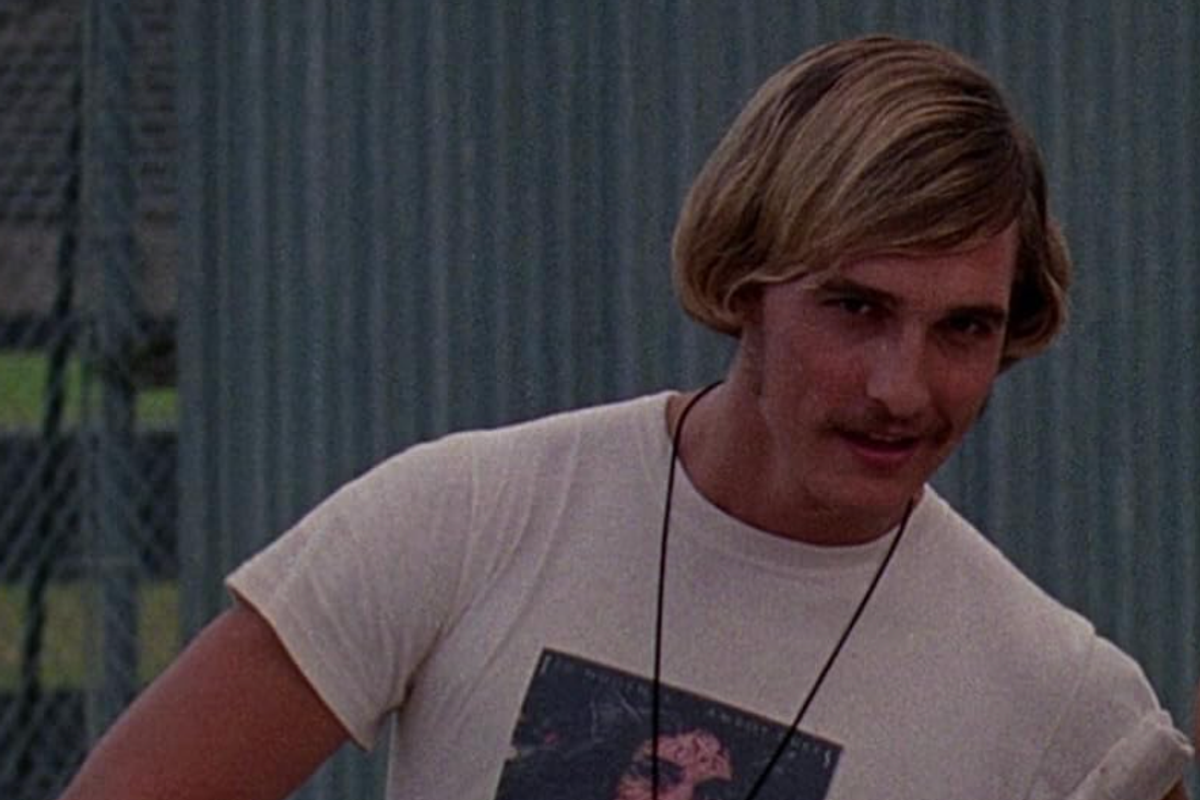Boomer and Gen X Americans share the money advice that got them through tough economic times
"Perseverance. One of our best traits."

Boomers and Gen Xers share financial advice for making it through hard economic times.
Surviving hard economic times builds grit and character, and almost every generation has had to deal with difficult financial challenges. Two generations who are especially equipped to offer their wisdom about weathering through tough times, though, are Boomers and Gen Xers.
In a Reddit forum, member @Fit_Trifle2469 posed the question to followers: "Dear Boomers and Gen X: What got you through tough economic times?"
They followed up with more explanation behind the prompt. "Millennial here (33). I wanted to reach out and hear from those of you who’ve lived through major recessions, such as 2000 and 2008," they wrote. "I'm really interested in your perspective — not just for myself, but for others who might stumble across this thread someday when times get rough again."
Boomers and Gen Xers who have been through difficult financial times and hardships opened up to share their wisdom. These are some of their best pieces of advice for tough economic times.

"When I graduated HS in 1981, unemployment was 10 percent and mortgages were 17 percent. Inflation was 8 percent. I had no job and couldn't find one. That's when my step-father threw me out. I was going to be homeless so I joined the Army. It was one day at a time, one foot in front of the other and I marched on. What else can you do? Eventually things got better. Much, much better." —@Distwalker
"Perseverance. One of our best traits." —@SharonWit
"Downsize everything ......phone...phone plan.... car.... cook food at home .....pack a lunch for work....debt consolidation and make that one payment........no credit card usage..... entertainment was checking out free library books and reading them......thrift store shopping......trade/barter services and items on craigslist." —@Express-Rutabega-105

"Don’t waste any food - plan meals accordingly so as not to waste anything, buy discounted meat, bread, fruit and veg. All meat gets cut up for meals so it can last longer - nobody gets a steak for themselves, one cheap, marinated steak cut into strips and added to rice and veggies for 3-4 meals. Eggs (they’re still cheap where I live) and a 50lb bag of potatoes are your new best friends unless you like pasta then you are much easier to feed. Get condiment packets from restaurants -my partner made an order and forgot to grab ketchup etc. I don’t miss being poor but I can still feed the fam relatively well on a very, very tight budget." —@drivingthelittles
"Living as cheap as possible out of sheer spite."—@OldLadyMorgendorffer
"I'll be adding to this list with edits as my brain dump continues:
- Everyone will lie to your face brazenly about layoffs - don't believe anyone when they say things are fine. The more they say everything is fine, the worse it actually is.
- Understand when your industry is getting f@cked and start developing alternatives or fallback options early, not AFTER you get laid off. (Software engineers right now should have realized a year ago at least their industry was getting screwed, as a specific example)
- Know the impact of systemic shifts (outsourcing and drive to the internet previously, AI now) and how you can counteract those as best possible, move to a role that isn't as likely to be clobbered as hard.
- Learn to cook healthy meals on the cheap - take out is $, but so is eating like sh!t. You can cook en-masse on Sunday and freeze for the week, but work on a plan to move to "high efficiency meal planning".
- Reduce your systemic expenses - if you've had "lifestyle creep" ratchet that crap back before you are in the crosshairs financially.
- Do your planned maintenance of stuff - now now now, later is NOT going to be better. If it's due, get it done." —@GreatResetBet



- Frugal people share 13 silly money-saving tips that actually work. ›
- The 25-year-old money-saving 'bible' that millennials and Gen Zers absolutely need to read ›
- People share the most hilariously out-of-touch advice given for saving money ›
- Frugal people share 30 things they never buy to save money - Upworthy ›
- Frugal people share 30 cheap meals they love to make - Upworthy ›
- Financial advice from older generations that is officially obsolete - Upworthy ›
- 14 nostalgic potluck dishes from the '60s, '70s, and 80s - Upworthy ›



 Student smiling in a classroom, working on a laptop.
Student smiling in a classroom, working on a laptop. Students focused and ready to learn in the classroom.
Students focused and ready to learn in the classroom.
 Matthew McConaughey and Shawn Andrews in Dazed and Confused (1993)Facebook
Matthew McConaughey and Shawn Andrews in Dazed and Confused (1993)Facebook 

